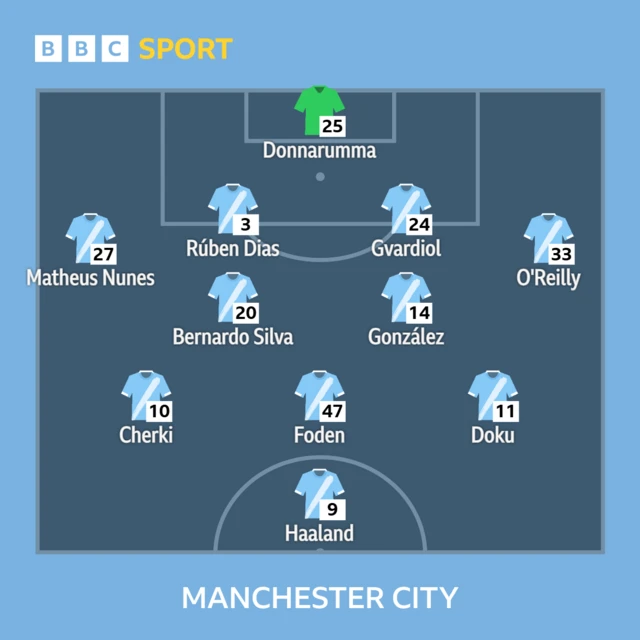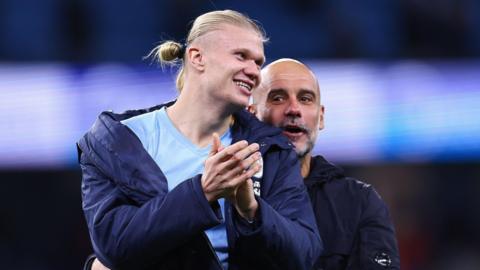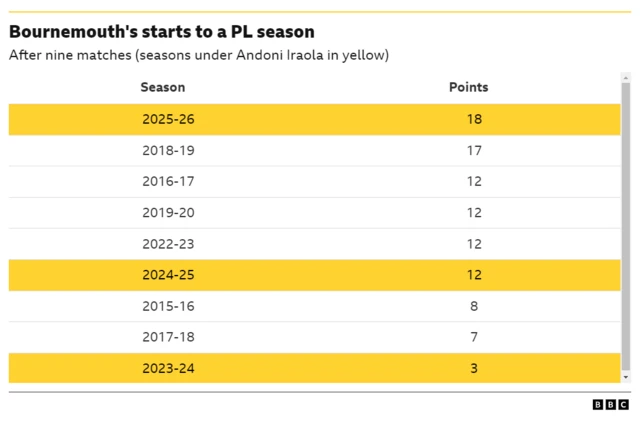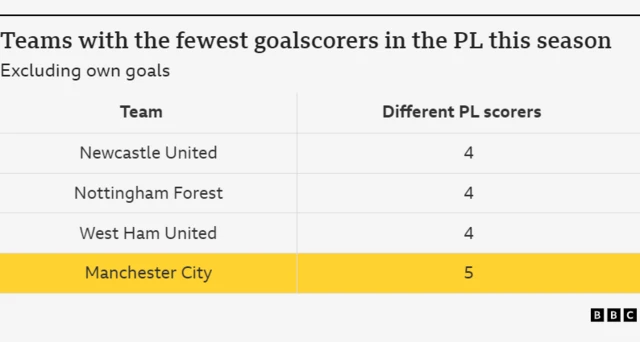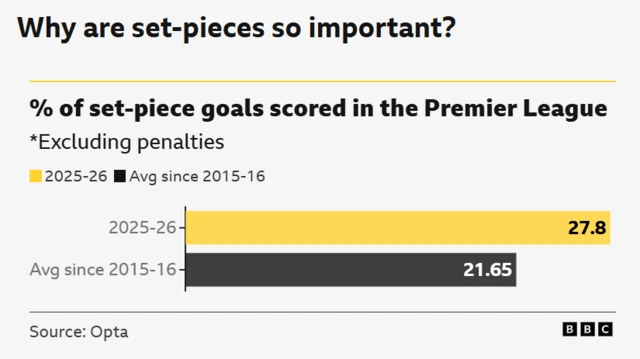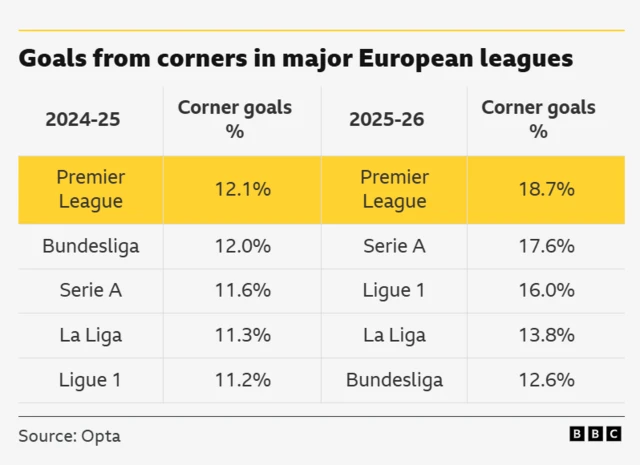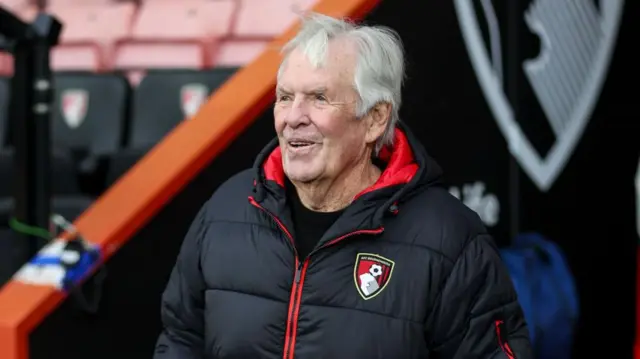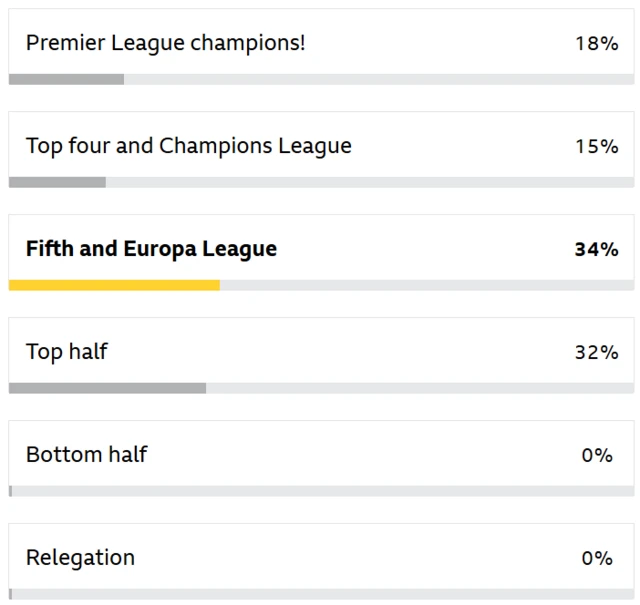Man City 3-1 Bournemouth - the fans' verdictpublished at 08:42 GMT 3 November

This content isn't available anymore.
There was an error
We asked for your thoughts after Sunday's Premier League game between Man City and Bournemouth.
Here are some of your comments:
Man City fans
Gene: A much better performance against a much better team with crisp, smart passing and better attacking. Rayan Cherki is getting more confident and showing creativity while Matheus Nunes has improved quite a lot as a right-back. They need to continue to build upon the teamwork and will gel as time goes on as the competition gets harder.
Anton: City will beat any team that come to play and not defend with a low block. My only gripe is poor set-pieces. They need a better set-piece coach.
Charlie: I thought the first-half performance by City was the best I've seen from them in 18 months.
Harry: There's nothing I can say about Erling Haaland that hasn't already been said. He makes me incredibly proud to be a Man City supporter and we have to cherish everything he does for us. Cherki is an absolute bargain and so unselfish - he's going to be a major asset. Besides the corner, Gianluigi Donnarumma was a stalwart in goal. So many positives but credit to Bournemouth, who were absolutely fearless at the Etihad and could have had more in the first half. Bring on Liverpool.
Bournemouth fans
Peter: Would have expected Veljko Milosavljevic to have started against Haaland as Bafode Diakite has already showed he struggles against big forwards like Jean-Philippe Mateta. Great to see Tyler Adams finally on the scoresheet, but Bournemouth will play better against Aston Villa next week. Now we have players back and the motivation to play better than we did against City, which was a tad disappointing. That shows how far this team has come.
M: It was OK. Some players were off it. We looked very open in defence and not much happened in attack. Antoine Semenyo had moments but was quiet. We need to be more aggressive going forward against teams like City.
Bob: Poor defensive tactics, why was Haaland given so much room?
Tim: Bournemouth's high line let Haaland in twice and injured Alex Jimenez was out of position for the third. However, there is so much to admire about Bournemouth. Upwards and onwards.








